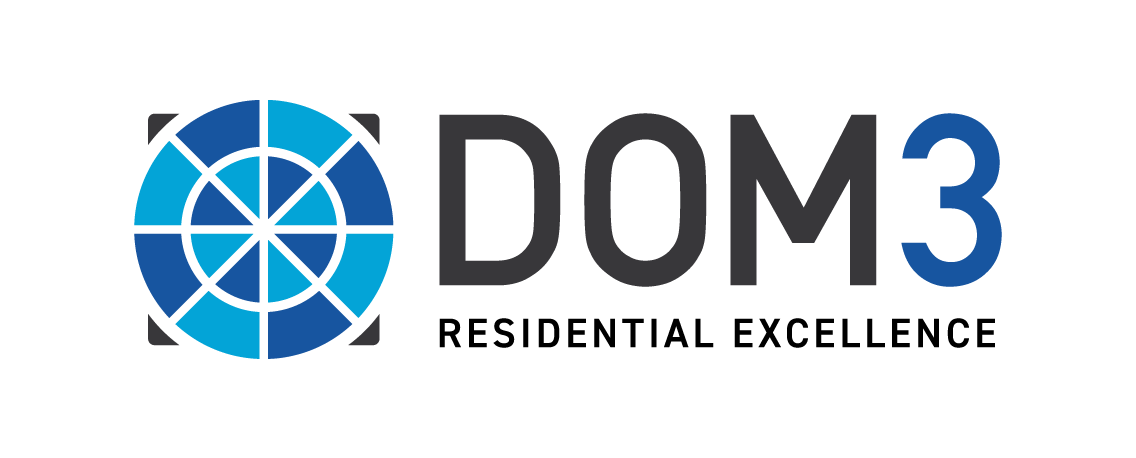Soft or Hard Landing in Marbella
In Spain, and especially in Marbella’s area of influence, foreign investors have to face a series of difficult administrative requirements that can often wrest from their motivation to invest in Spain.
Some of the following difficulties are very easy to solve and would eliminate obstacles to investment, which are sometimes the product of an unjustifiable administrative inertia:
1.- Obtaining one’s NIE – What should, in theory, be a simple administrative formality has come to be a difficult process resulting in surreal, absurd situations which are unbecoming of a country that likes to refer to itself as forward-thinking. Sometimes, in order to obtain their NIE, investors have to queue up for many hours at the doors of police stations, where they can be forced to withstand extreme weather conditions.
2.- Prevention of Money Laundering – We have the most restrictive legislation in Europe with respect to money laundering and although the Law’s intentions are laudable, we need to question whether or not it is in the interests of our economy to stick to the status quo.
3.- A Lack of Trust from Investors – The legal insecurity surrounding a plethora of real estate promotions which were constructed in past years. It is unknown whether these constructions have charges on them, or if these charges have been fulfilled. This provokes mistrust and causes investors to give up. Despite the fact that Marbella has had a new PGOU for a few years, sometimes, gleaning the true legal situation of a plot of land is ‘mission impossible’.
4.- Slow Judicial Proceedings – When there are conflicts between investors and contractors, if the case makes it to court, the matter can take years to resolve; meanwhile, the project is blocked for an indefinite period of time.
5.- Bureaucracy and administrative procedures – The administrative requirements for obtaining supplies like light, water, a telephone, sanitary waste system, gas, etc. can be lengthy and time-consuming. Many companies offering these services do not offer assistance in English, so that potential investors can run out of patience and understanding.
PROPOSED SOLUTIONS
NIE
Long queues, the necessity of waking up early to ‘take a number’ and all the inconvenience this incurs can be avoided by allowing applicants to make an online appointment. Today, this can be done at any police station to renew one’s D.N.I.
If investors cannot or do not wish to make an appearance in person, they should be able to grant a power of attorney to a representative at a Spanish notary, without having to return to their country of origin so that powers can be granted to a third party.
In summary: an effort should be made so that the NIE is easier to obtain; more entities should have the authority to issue this document.
Within Spain: Currently, notaries are authorised to request the CIF of associations from the Tax Department. It should also be possible to obtain NIEs at notaries, by following precise requirements.
From Outside Spain: It should be possible to obtain a NIE directly from embassies and consulates. Currently, these institutions limit their involvement to that of accepting applications and processing them via the Police. I think they should be able to issue them directly. Applicants should also have the option of requesting their NIE by mail, by filling in a form and enclosing the required documents: two photographs and an attested photocopy of a valid passport, as occurs with Certificates of Registry of Last Wills and Testaments.
MONEY LAUNDERING
This Law has still not been developed through regulations and it would be ideal if controls did not overlap. If there is a bank controlling the entry of money, I don’t see why it is necessary to once again reveal all the information about the source of funds, in the deed of sale.
Since Notaries are responsible for drafting reports containing exhaustive information about all signed deeds of sale, the fact that anti-money laundering organisations have access to these reports should be sufficient and, if necessary (as occurs currently), copies of sales deeds should be requested from the Notary who authorised them.
Urban Planning Safety
With respect to the problem of urban planning safety, it should be possible to ask the Town Hall to issue a Town Planning Certificate which certifies the real, current situation of a plot of land – this Certificate should be legally binding and valid for a specific time frame (e.g. two or there years), so that it is enough to assure investors that they don’t need to worry about the ‘fine print’, or additional elements that introduce an element of insecurity with respect to planning matters.
THE SLOWNESS OF JUSTICE LENTITUD DE LA JUSTICIA
An arbitration system should be established, so that conflicts which have been delayed for too long can be resolved with due dispatch.
EXCESSIVE BUREAUCRACY AND RED TAPE
One of the biggest obstacles in the area of notarising title deeds for new or old works is the overlapping of various state and autonomous laws and regulations, which are impossible to decipher or comprehend and which change every so often. Current administrative requirements include:
In new works: Building licence; architect’s certificate, endorsed or not; the final building certificate; defects insurance; deposit of the building book; first occupancy licence; energy performance certificate.
In old works: Architect’s certificate; Certificate from the Town Hall indicating that no planning laws have been infringed; first occupancy licence, etc.
We believe that it would be convenient to unify these requirements in one sole document, which should be issued by the College of Architects, or the Town Hall, or both. The document should certify that all previous requirements for licences and certificates have been complied with, and that the land complies with planning law. In this way, the deed can be drafted without the need to wait for countless licences, insurance certificates and certificates of conformity.
